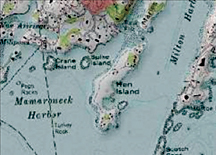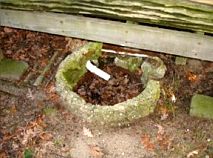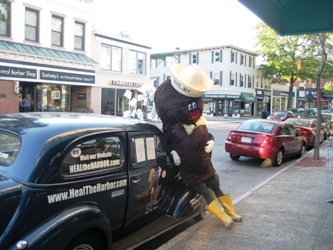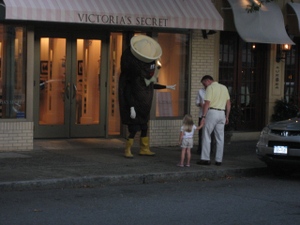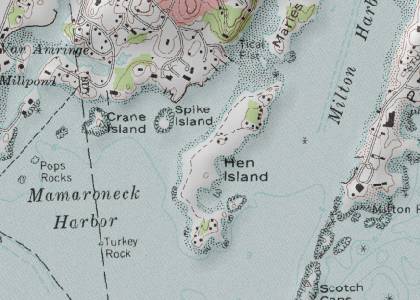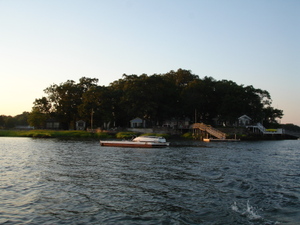New study by CDC shows possible range extending to San Francisco and New York City
Originally published in The Wall Street Journal – March 30, 2016
By KAT LONG
Two mosquito species that carry the dangerous Zika virus may inhabit a wider range of North America than previously thought.
A study published online Wednesday in the New England Journal of Medicine shows the potential range of Aedes aegypti, a tropical mosquito species that is the primary carrier of Zika, blanketing the southern U.S. and reaching as far north as San Francisco; Kansas City, Mo.; and New York City. The likely extent of another Zika-carrying mosquito species, Aedes albopictus, stretched across the Southwest and covered most of the eastern U.S., including northern New England, according to the study conducted by the Centers for Disease Control and Prevention.
Previously, the CDC’s maps showed the ranges of both species generally concentrated in the South, though Aedes albopictus ranged north to New York City and Illinois. The changes were based on new data collected by the CDC and its local partners that show where the mosquitoes have been found. Areas where the mosquitoes are endemic—Puerto Rico, Hawaii and the Gulf states—remained the same.
The maps don’t show the numbers or density of mosquitoes within each area, and they don’t indicate the risk of potential disease spread or risk of infection, the CDC said.
There have been no reported cases of anyone contracting Zika in the continental U.S. from a mosquito bite. The CDC has reported 273 cases in the U.S., the vast majority of which involved people who traveled to Zika-affected countries; six cases were sexually transmitted. In U.S. territories, 282 mosquito-borne cases and four travel-related cases have been documented.
“I think the major issue is that people have to be prepared, but don’t panic,” said Lyle Petersen, director of the Division of Vector-Borne Diseases, National Center for Emerging and Zoonotic Infectious Diseases at the CDC.
The CDC has encouraged women of childbearing age to postpone pregnancy for up to six months if they or their male partners have traveled to areas with active Zika transmission. Aside from mosquitoes, the virus can be transmitted through semen and possibly blood. The Food and Drug Administration on Wednesday approved an experimental blood test to screen for Zika at blood-donation centers in the U.S. and Puerto Rico.
Officials say there is mounting evidence of a link between Zika infection and birth defects, including brain abnormalities and microcephaly, a condition causing a baby’s head to be abnormally small. A separate report published Wednesday in the New England Journal of Medicine appeared to bolster such a connection, and provided new evidence that the virus can remain in the mother’s bloodstream for the duration of pregnancy.
Researchers at the Children’s National Health System and their colleagues monitored a Zika-infected pregnant woman from the 11th week of gestation, when her symptoms emerged, to the 21st week, when she chose to terminate the pregnancy. In those 10 weeks, the researchers said the virus was active in the mother’s system, and the fetus showed signs of atypical brain development without signs of microcephaly.
In a postmortem examination, the researchers found the virus concentrated in the fetus’ brain, umbilical cord and placenta. More research is needed to understand how the mother’s viral load might predict fetal brain anomalies, said Adre du Plessis, director of the Children’s National Health System’s Fetal Medicine Institute and a co-senior author of the study.
Symptoms of Zika infection include rash, joint pain, fever and reddened eyes. For most people, the effects are mild and last several days to a week, according to the CDC. Many adults don’t show symptoms.
Health officials in Brazil have reported an increase in cases of Guillain-Barré syndrome, a rare nervous system disorder that causes muscle weakness or temporary paralysis, among people who have had Zika infections. The CDC is working with officials in Brazil to study a possible link.
—Betsy McKay contributed to this article.
















